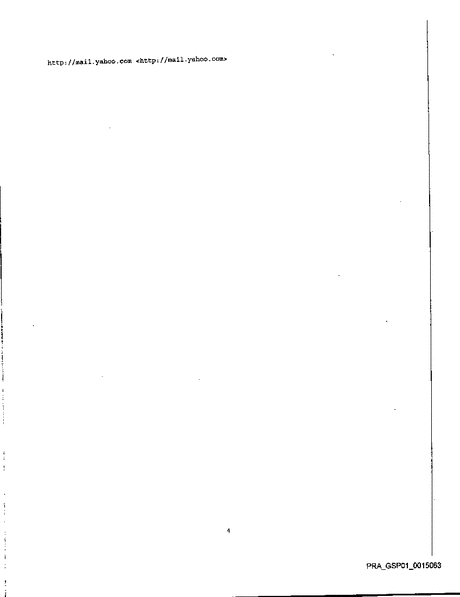The saga of Sarah Palin’s email account hacking stands as a striking episode in the tumultuous narrative of American political life during the early 21st century. In a digital age where privacy is increasingly elusive, the incident exposed not just an individual’s correspondence but tapped into a collective fascination with the personal lives of public figures. This fascination invites speculation about why society finds itself enthralled by the scandals and secrets of politicians.
In September 2008, shortly after Sarah Palin was appointed as John McCain’s running mate, her personal Yahoo email account was compromised by a group of hackers who dubbed themselves Anonymous. This brazen act of cyber-intrusion capitalized on the vulnerabilities inherent in digital communications at a time when the complexities of internet security were not universally understood. The hackers released a trove of personal emails, photographs, and mundane correspondence—creating a spectacle that overwhelmed traditional media channels.
The immediate fallout was staggering. The invasion not only revealed personal details about Palin’s life but also served as a pivotal point in discussions about cybersecurity and ethics in political discourse. Critics of Palin seized the opportunity to question her qualifications and decisions, while her supporters argued that the hack represented a severe breach of privacy. This incident highlighted a broader societal dilemma: how much of a public figure’s personal life should remain private, and where does the boundary between public interest and personal autonomy lie?
Moreover, the psychological underpinnings of the public’s fascination with such breaches merit exploration. Humans are inherently curious beings, often drawn to the flaws and failures of others, especially those in positions of power. The intrigue surrounding Palin’s emails mirrors a larger societal tendency to revel in the missteps of individuals who portray themselves as paragons of virtue. It underscores an inherent hypocrisy, as observers are often more inclined to judge than to empathize.
Additionally, the incident opened discussions on the implications of technology in political campaigns. The speed at which information spreads today means that a seemingly innocuous email can morph into a political liability overnight. As such, the ramifications of the email hacking reverberated well beyond the immediate scandal—shaping the discourse on how candidates manage their digital footprints in an age fraught with risks.
Ultimately, the hacking of Sarah Palin’s email account stands as a cautionary tale about the intersection of technology, privacy, and politics. It serves as a reminder that in the realm of public life, nothing is truly sacred, and the allure of scandal can overshadow the ethical considerations at play. As society continues to grapple with these issues, one must wonder: will this be the first of many such incidents, or a singular event in the annals of political history?
